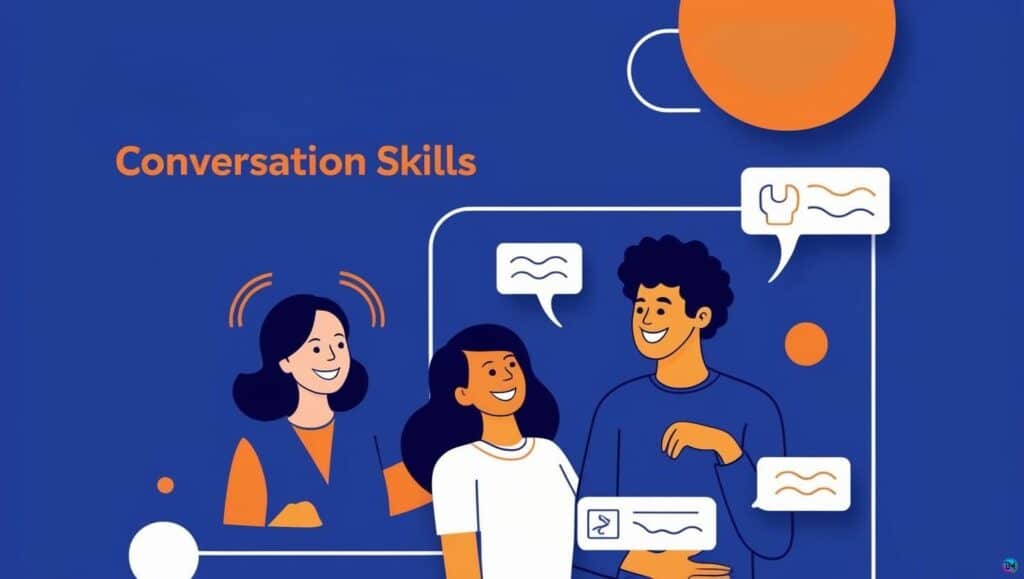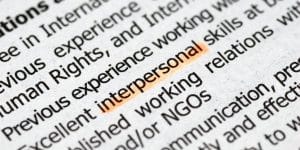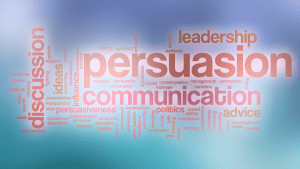In today’s fast-paced world, the ability to connect with others through conversation is more than just a social nicety—it’s a vital skill for personal and professional success. Whether you’re looking to improve conversation skills for networking, personal relationships, or career growth, this guide offers practical, step-by-step advice to help you become a confident and engaging communicator.
Why Conversation Skills Matter
Effective conversation skills can open doors in every aspect of life. According to a Harvard Business Review article on workplace productivity, strong communication can boost team efficiency by up to 30%. Mastering these skills leads to:
- Enhanced Relationships: Build trust and rapport both personally and professionally.
- Career Advancement: Network more effectively and stand out during interviews.
- Increased Confidence: Engage in meaningful discussions that foster personal growth
Actionable Tips to Improve Your Conversation Skills
1. Practice Active Listening
- What It Is: Focus entirely on the speaker, showing genuine interest.
- How To Do It: Maintain eye contact, nod in agreement, and ask clarifying questions.
- Why It Works: Active listening encourages openness and helps build deeper connections.
2. Ask Open-Ended Questions
- What It Is: Questions that cannot be answered with a simple “yes” or “no.”
- How To Do It: Start questions with “How,” “What,” or “Why.”
- Why It Works: These questions invite detailed responses and foster richer conversations.
3. Share Relatable Stories
- What It Is: Personal anecdotes that resonate with your audience.
- How To Do It: Use stories that reflect your experiences and relate to the topic.
- Why It Works: Storytelling creates an emotional connection and makes your points more memorable.
4. Be Mindful of Non-Verbal Cues
- What It Is: Body language, facial expressions, and tone of voice.
- How To Do It: Practice open body language—uncross your arms, smile, and lean in slightly.
- Why It Works: Non-verbal signals can reinforce your message and build trust.
5. Prepare and Practice
- What It Is: Rehearse common conversation scenarios and key points.
- How To Do It: Role-play with a friend or use a mirror to practice your delivery.
- Why It Works: Preparation helps reduce anxiety and improves overall performance.
How to Develop Conversation Skills in Daily Life
Developing your conversation skills doesn’t require a complete lifestyle overhaul—it can be seamlessly integrated into your daily routine:
- Join Social Groups or Clubs: Engage in communities that share your interests.
- Participate in Online Forums: Platforms like LinkedIn or Reddit provide opportunities for thoughtful discussion.
- Record and Reflect: Occasionally record your conversations (with permission) to review and refine your approach.
- Embrace Small Talk: Use everyday encounters—like chatting with a barista or a colleague—to practice your skills.
How to Increase Conversation Skills in Professional Settings
Improving your conversation skills in the workplace can significantly impact your career. Here are some targeted strategies:
- Engage in Regular Team Meetings: Use these opportunities to practice articulating your ideas clearly.
- Attend Workshops or Seminars: Look for events focusing on communication and leadership.
- Seek Constructive Feedback: Ask colleagues or mentors to provide insights into your conversational style.
- Leverage Technology: Consider apps and online courses that offer guided practice and feedback on communication skills.
Advanced Techniques for Better Conversation Skills
Once you’ve mastered the basics, take your skills to the next level with these advanced techniques:
- Mirror and Match: Subtly mirror the body language and speech patterns of the person you’re talking to.
- Emotional Intelligence: Practice empathy by considering the emotional context of the conversation.
- Pause Strategically: Don’t be afraid of silence; a well-timed pause can emphasize a point and give both parties a moment to reflect.
- Tailor Your Communication: Adapt your style to suit different audiences, whether you’re in a formal business meeting or a casual gathering.
FAQs on Conversation Skills
Q1: How can I improve my conversation skills?
A: Start by practicing active listening and asking open-ended questions. Engage in regular conversations, seek feedback, and don’t be afraid to make mistakes. Each interaction is an opportunity to learn and grow.
Q2: How do I develop conversation skills?
A: Developing conversation skills involves preparation and practice. Join groups or clubs, role-play different scenarios, and even record your practice sessions. The key is consistency and willingness to learn.
Q3: How can I have good conversation skills in professional settings?
A: In professional settings, focus on clarity, conciseness, and confidence. Prepare your points ahead of meetings, actively listen during discussions, and always be open to constructive feedback.
Q4: What are some effective techniques to increase my conversation skills?
A: Techniques include mirroring body language, practicing empathy, and tailoring your communication style to your audience. Advanced strategies like pausing strategically can also enhance your delivery.
Ready to Transform Your Conversations?
Start applying these strategies today and watch your confidence and connection with others grow. Remember, mastering conversation skills is a journey—each conversation is a step towards more engaging and impactful communication.
Share your progress or any additional tips in the comments below, and don’t forget to subscribe to our newsletter for more actionable advice on personal and professional growth!
By consistently practicing these techniques, you’ll not only improve conversation skills but also develop the confidence to make meaningful connections every day. Happy conversing!
Related: Leadership insights from Forbes











